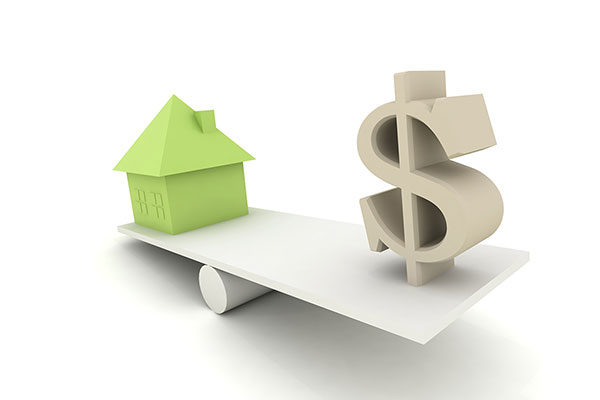Choosing Between an Open or Closed Mortgage Loan
 With a mortgage, and most other loans, you can choose between an open and a closed type of loan . Here is what differentiates and characterizes the two types of loan.
With a mortgage, and most other loans, you can choose between an open and a closed type of loan . Here is what differentiates and characterizes the two types of loan.
Closed Mortgage
A closed mortgage implies normally a lower interest rate than the open mortgage, and a longer term that can go up to 25-30 years. What characterizes it, other than popularity due to its lower rate, is the penalty charge if the borrower actually pays more than planned. The closed loan is chosen by people with a fixed budget, not expecting any big increases in their income.
Open Mortgage
The open mortgage offers a higher rate and includes a shorter term. The advantage with the open mortgage is the possibility for the borrower to repay the loan in whole or in part, without any penalty. It is ideal for people planning to sell their house or expecting to cash in an important amount of money soon.
Which Mortgage Loan to Choose?
The choice is obvious if you are unable to make any extra payments on the mortgage loan. You are better off taking advantage of a lower interest rate with a closed loan. The challenge lies more with the choice between a short term and a long term mortgage loan.
Indeed, your revenue will probably increase in the mid to long term. At that time, it will be possible to repay the mortgage in part. It is beneficial to evaluate when this may happen, and choose the term accordingly, in order to avoid paying unnecessary penalties.
Unexpected event, such as inheritance, can happen, and at that point you may want to invest an extra amount on the balance to save on interests. But you will face a penalty if you have a closed mortgage loan. The price of the penalty might be more than the saved interest for the remaining term brought by a lower balance. If penalties are higher, then you should wait for the term renewal before making modifications.
Similarly, if the interest rates fluctuate and you wish to change your mortgage for a fixed-rate or a variable-rate, this modification may allow you to save money if you end up paying less interest than the cost of penalties for the remaining term.
In a context where home owners plan to sell their house shortly, there is no dilemma; they have to go for an open loan. Although, if a borrower chooses an open mortgage because they expect to repay the loan in part, without reimbursing it in full, the challenge is to calculate if the interests saved with the additional payments are higher than the possible savings made with a lower rate offered by a closed loan.
The Right Choice
The choice for the right loan or mortgage requires an analysis of the interest rates and other attached fees; all options are comparable since they are all quantitative. The open loan, the closed loan, the penalties... it is important to make your calculations before jumping to conclusions, because we often make decisions emotionally and forget to compare the interest cost and other charges. At the end of the day, the main objective is to invest as much as possible your money on the actual mortgage capital.




